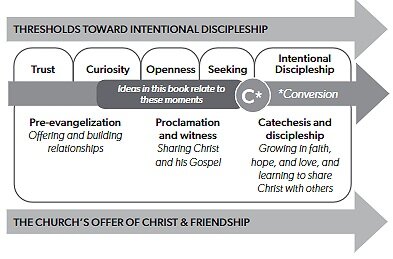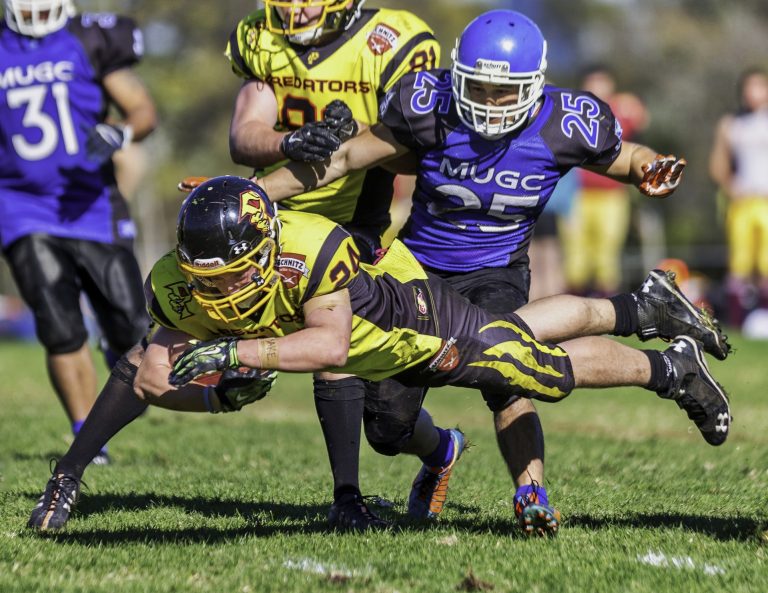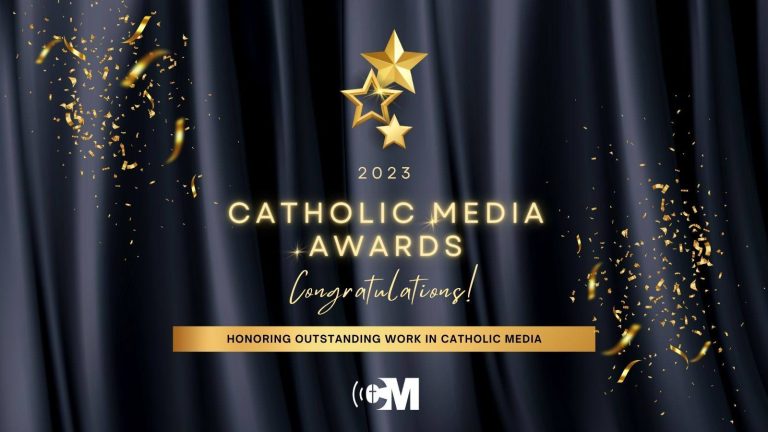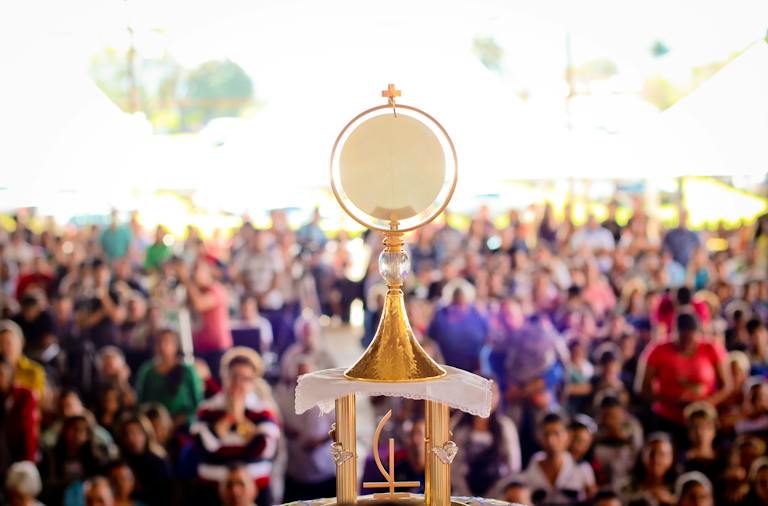The Role of Evangelization in Discipleship
Lots of people think that they are already doing evangelization. In most cases, they are not. Would it help to look at what the Church teaches on the role of evangelization in the path of discipleship? I’ll bet it would!
One of the challenges we meet in talking about evangelizing parishes—what are they? what does that look like?—is that we have two paths to consider and put together: a process for growing in deeper discipleship, facilitated by the parish, meeting the life-long conversion process of people who do not know Christ moving to intentional discipleship. It’s tough because our parishes in America have worked out of different models. Both of these models, to most parishes, are new. Augh!
Let’s start with the bottom line, which I call the Church’s Offer of Christ and Friendship. This is not new. You’ll find these terms all over church documents, including the General Directory of Catechesis (which has just been redone! Watch this space! but I refer to the one available in June 2020.). The basic idea movement follows: 1) any parish should be engaging its people in the church and especially outside the church in pre-evangelization, that is, relationship building. Let’s call it offering friendship in meaningful ways to one and all. We do not exist for ourselves—we are meant to be icons of Christ to the world. 2) Parishes should be joyfully witnessing and proclaiming Christ and his Gospel, in the marketplace but also in our relationships. Knowing when to share Christ and how is an art, but it isn’t a mystery, and we should be listening to our friends and praying for times to share Christ. 3) Finally, we should build on that evangelizing moment—the proclamation that Jesus Christ loves you and has a plan for your life—through offering deepening discipleship and catechesis. This is a life-long process. We never graduate. There is always more.
You see the problem?
Typically, lots of parishes do this out of order. They begin with catechesis (the end point!), and once you graduate from that, they throw in relationship building within community (forgetting the outsiders, usually involving a hotdish or raffle), and end with “the super especially called brave and slightly crazy people” doing evangelization (that is, maybe 2-3 people. And ps.— all the baptized are called.). The teaching of the Church has never supported this ordering. It’s not logical. But we got comfortable with it, and when the culture was Christian, it kind of worked. Now, it doesn’t.
Speaking of that, let’s move to the top line, from Sherry Weddell’s book Forming Intentional Disciples (and if you haven’t read it, stop and read it right now!). One of the most creative gifts of that book is Weddell’s effort to name a process by which people who are unaware of Christ become intentional disciples of Christ…that is, the process of conversion.
- The person who is “away from Christ” (this could mean an atheist, or someone raised without religion, or someone who is fully initiated and in the Church but is unconnected to a relationship with Christ) needs to find a bridge of trust with a believer. He needs to trust that believer, but there also needs to be some common connection.
- Curiosity is the next threshold, where the person experiences curiosity about religion. This is not curiosity about joining, it’s more basic curiosity about God or why the believer acts the way he or she does.
- Openness refers to openness to the attraction to “this God thing” may mean changing your life…and you may be getting more open to that. Again, it isn’t openness to joining a Church, necessarily. It is more openness to following this curiosity where it leads, which looks like someplace else.
- Seeking is the threshold where people are seriously considering that Jesus Christ is God and following him. Lots of questions, conversations, reading and more. (This is RCIA time, Catholic friends—we are pretty far down the spiritual road when we approach RCIA.)
- Intentional discipleship is what Weddell (and the Bible!) calls “dropping your nets”—a decision and life commitment to follow Jesus Christ through his Church.
Now, in the thresholds line, how much energy does the Church put in the first three thresholds?
In the discipleship path line at bottom, how much energy does the Church put in pre-evangelization and evangelization?
There is overlap there. We won’t become evangelizing parishes until we realize that people need to be offered friendship, and in those friendships, offered to consider that Jesus of Nazareth is the Son of God and has a plan for your life.
It is key for parishes to do a serious audit of what they offer by way of a discipleship path, and presuming it is tailored to adults as life-long conversion. We can’t change the past but we can change the future, and we do it by feeding the people what they need: a call to follow Jesus, and empowerment to share that call with others.







